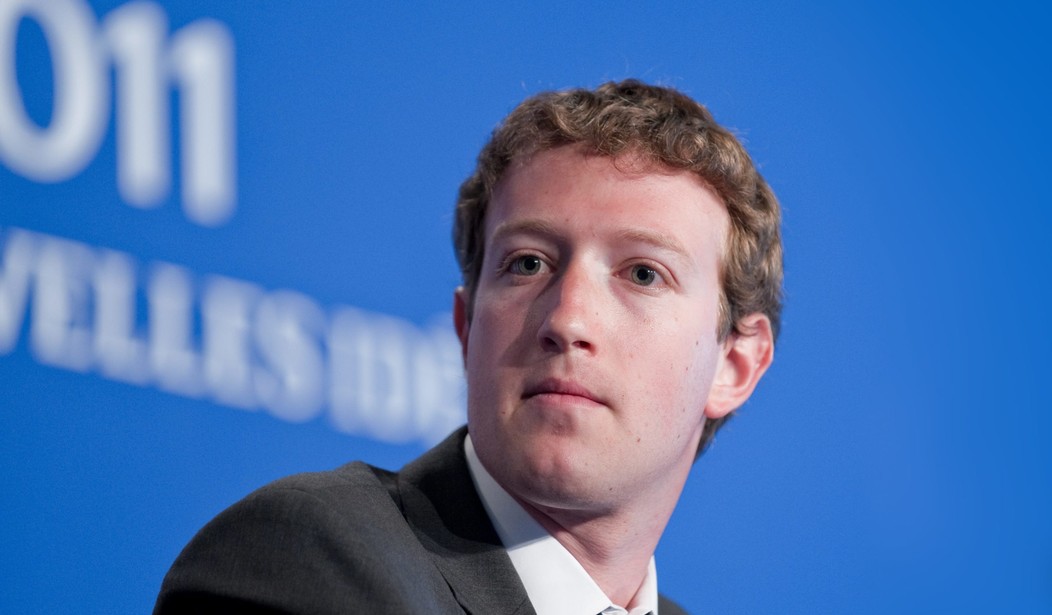China, we’ve been told for years, never will overtake the United States because command economies can’t innovate, only copy or steal. As a partner in a Hong Kong investment banking boutique, I saw plenty of innovation in companies we took to the stock market, notably by young Chinese scientists trained at America’s best universities. China may be a tortoise in terms of innovation, but the American hare has been asleep. Bound and gagged might be a better description. Here’s the quote of the year, from Sam Altman, the chairman of the start-up incubator Y Combinator, one of Silicon Valley’s most successful innovators:
Earlier this year, I noticed something in China that really surprised me. I realized I felt more comfortable discussing controversial ideas in Beijing than in San Francisco. I didn’t feel completely comfortable—this was China, after all—just more comfortable than at home.
That showed me just how bad things have become, and how much things have changed since I first got started here in 2005.
It seems easier to accidentally speak heresies in San Francisco every year. Debating a controversial idea, even if you 95% agree with the consensus side, seems ill-advised.
Corporate America is wallowing in political correctness, following our elite universities. That is all the more destructive in a winner-take-all world where there is room for just one search engine and Internet ad provider (Google), one social media site (Facebook), one standard business software maker (Microsoft), and so forth. The politically correct corporate culture that destroys the career of a Google engineer who wrote a thoughtful memo on the problems of recruiting female STEM professionals threatens to destroy our capacity to innovate at all.
Don’t believe me. Listen to Sam Altman:
This will be very bad for startups in the Bay Area.
Restricting speech leads to restricting ideas and therefore restricted innovation—the most successful societies have generally been the most open ones. Usually mainstream ideas are right and heterodox ideas are wrong, but the true and unpopular ideas are what drive the world forward. Also, smart people tend to have an allergic reaction to the restriction of ideas, and I’m now seeing many of the smartest people I know move elsewhere.
It is bad for all of us when people can’t say that the world is a sphere, that evolution is real, or that the sun is at the center of the solar system.
More recently, I’ve seen credible people working on ideas like pharmaceuticals for intelligence augmentation, genetic engineering, and radical life extension leave San Francisco because they found the reaction to their work to be so toxic. “If people live a lot longer it will be disastrous for the environment, so people working on this must be really unethical” was a memorable quote I heard this year.
To get the really good ideas, we need to tolerate really bad and wacky ideas too. In addition to the work Newton is best known for, he also studied alchemy (the British authorities banned work on this because they feared the devaluation of gold) and considered himself to be someone specially chosen by the almighty for the task of decoding Biblical scripture.
You can’t tell which seemingly wacky ideas are going to turn out to be right, and nearly all ideas that turn out to be great breakthroughs start out sounding like terrible ideas. So if you want a culture that innovates, you can’t have a culture where you allow the concept of heresy—if you allow the concept at all, it tends to spread. When we move from strenuous debate about ideas to casting the people behind the ideas as heretics, we gradually stop debate on all controversial ideas.
This is uncomfortable, but it’s possible we have to allow people to say disparaging things about gay people if we want them to be able to say novel things about physics. [1] Of course we can and should say that ideas are mistaken, but we can’t just call the person a heretic. We need to debate the actual idea.
Political correctness often comes from a good place—I think we should all be willing to make accommodations to treat others well. But too often it ends up being used as a club for something orthogonal to protecting actual victims. The best ideas are barely possible to express at all, and if you’re constantly thinking about how everything you say might be misinterpreted, you won’t let the best ideas get past the fragment stage.
Silicon Valley is dominated by techno-Utopians like Mark Zuckerberg, who think that a more efficient way of exchanging pictures of one’s breakfast will bridge cultural divides and bring the world together. Asia dominates world high-tech production while we program mobile apps. As I argued in a November address to the Westminster Institute, we have become geeks in a new Roman Empire.
The British historian Paul Johnson argued in March 2016 that “the mental affliction known as ‘political correctness’ is one of the most dangerous intellectual afflictions ever to attack mankind. For these reasons it’s good news that Donald Trump is doing so well in the American political primaries. He is vulgar, abusive, nasty, rude, boorish and outrageous. He is also saying what he thinks and, more important, teaching Americans how to think for themselves again.” That’s what persuaded me to back Trump after Sen. Ted Cruz flamed out in the primaries. Donald Trump is strong medicine, but he’s the medicine America needs if we are to escape self-imposed mediocrity.









Join the conversation as a VIP Member